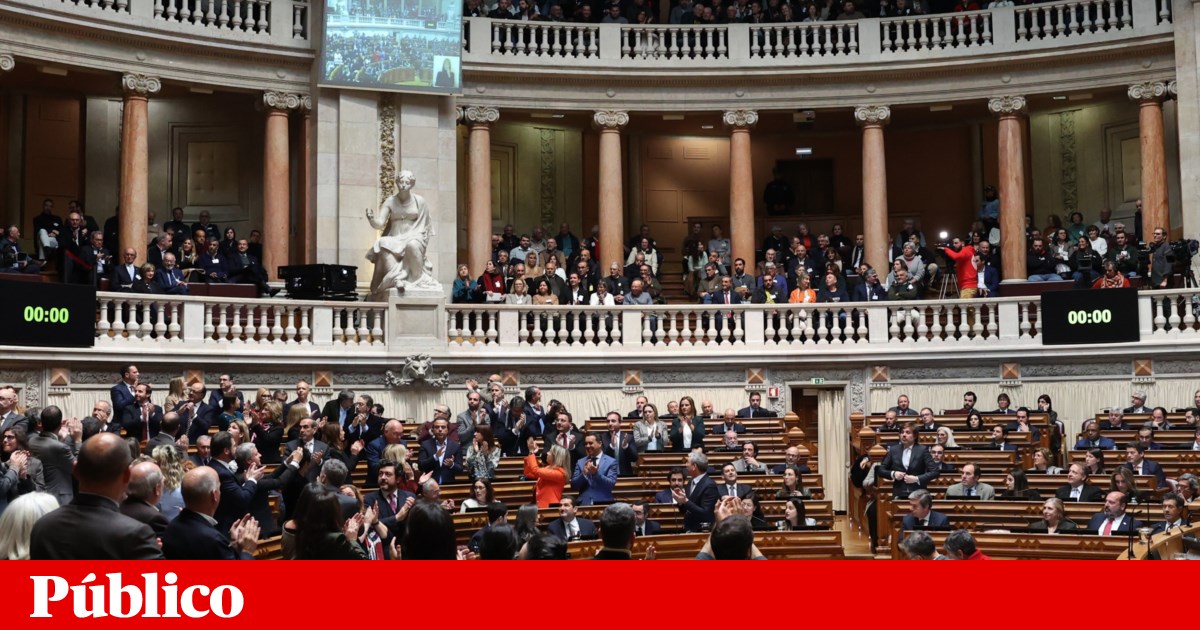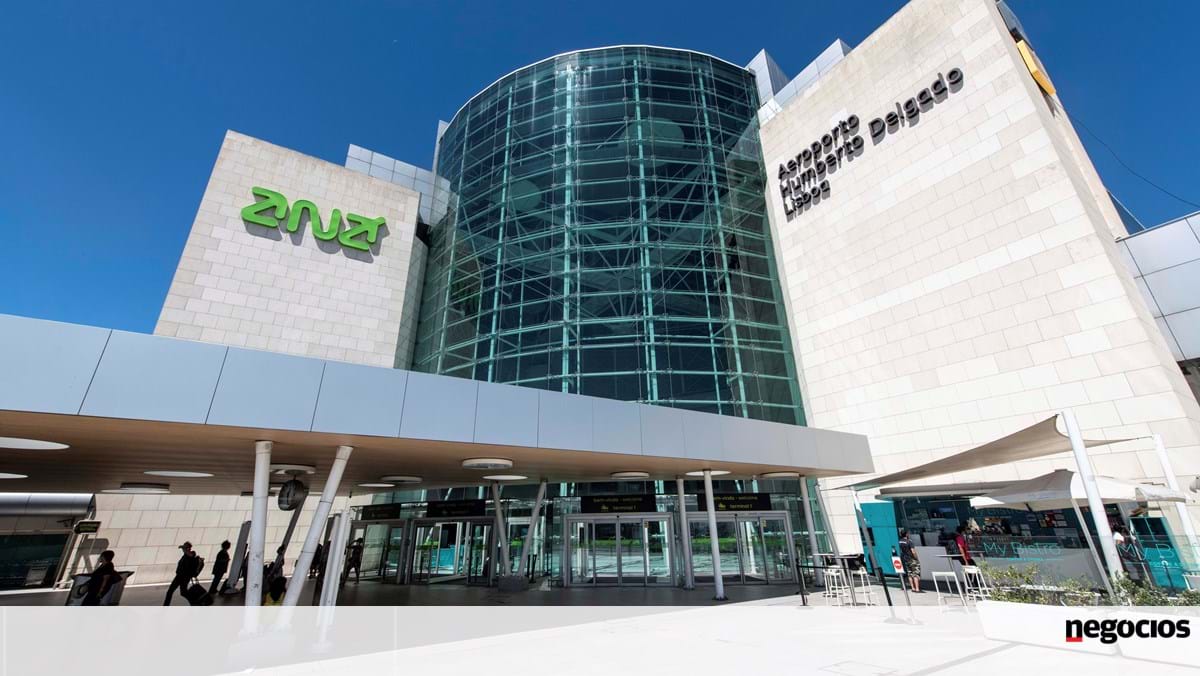Summary:
New land law allows housing prices above market rates in 295 municipalities.
Government claims it's an "anti-speculative law" aimed at affordable housing.
Experts raise alarms over potential real estate speculation risks.
Critics include architects, urban planners, and environmental researchers.
The law's impacts will be closely monitored as it is implemented.
Overview
The new land law in Portugal introduces the concept of "moderate value", which is set to allow housing prices to exceed market rates in 295 out of 308 municipalities. This has raised concerns about potential real estate speculation across the country.
Government's Position
Manuel Castro Almeida, the Minister of Territorial Cohesion, describes the law as an "anti-speculative law". He argues that it will facilitate the conversion of rural land into urban areas, aiming to increase the availability of affordable housing. This position is part of the government's broader strategy to address housing shortages in various regions.
Expert Concerns
However, this assertion is met with skepticism from a wide range of experts in the field, including architects, urban planners, and environmental researchers. They warn that the new regulations could lead to a spike in real estate speculation, undermining the very goal of providing affordable housing. Their criticisms highlight significant risks associated with the law, suggesting that it may not achieve its intended effects.
Conclusion
The debate surrounding the "moderate value" concept highlights a critical tension in Portugal’s housing policy, pitting government objectives against concerns from industry specialists. As the law is implemented, its impacts will be closely monitored by both supporters and critics alike.










Comments
Join Our Community
Create an account to share your thoughts, engage with others, and be part of our growing community.